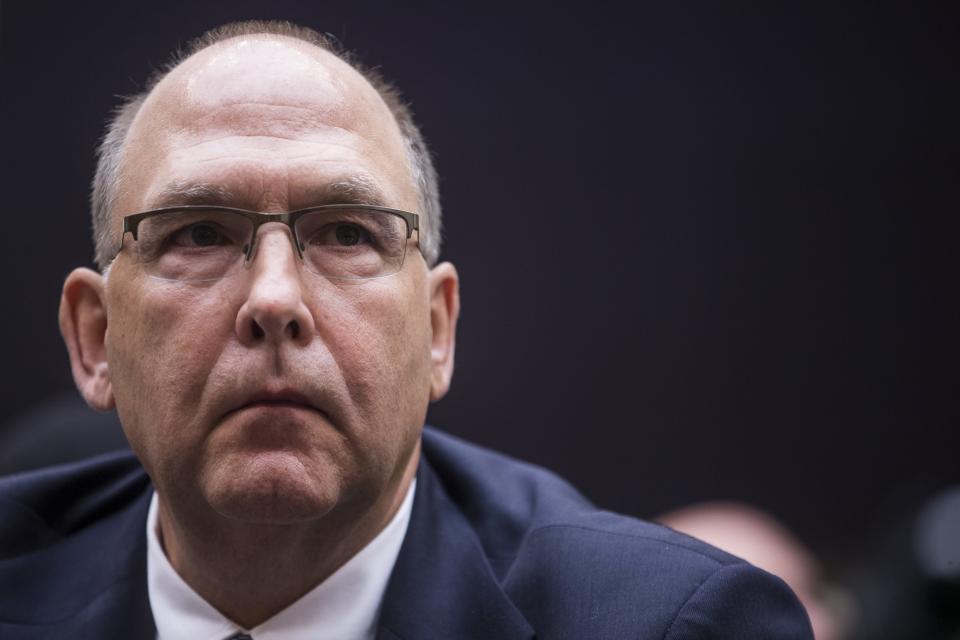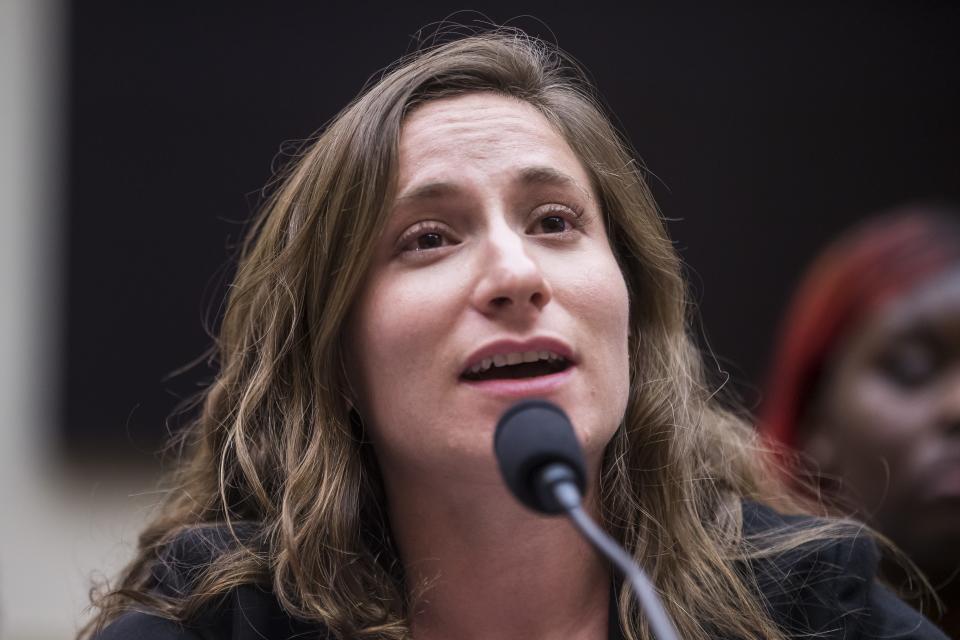It shouldn't take Jon Stewart to rescue 9/11 first responders
Comedian Jon Stewart's viral testimony before Congress last week demanding compensation for 9/11 survivors was laced with indignation, rage and tears.
In the moment, he was preaching to the choir (though several of the singers were missing from their seats): The House Judiciary Committee voted unanimously the next day to extend funding to 2090, and the full House is expected to follow suit.
The Senate has been a tougher lift, but Stewart's impassioned message seems to have penetrated that chamber as well. Appearing Monday on "Fox & Friends," Majority Leader Mitch McConnell promised full funding for the program: "There's no way we won't address this problem appropriately."
That's good to hear. If any issue ought to transcend partisan politics, taking care of 9/11 responders ought to be it.
Nearly 18 years after the most horrendous attack on the United States since Pearl Harbor, a government compensation fund for sickened firefighters, police and other victims ends next year and is even now running out of money. For lives lost, or ruined by 9/11-related illnesses just now emerging, the government is offering cut-rate compensation of 30 cents to 50 cents on the dollar.
"I’m sorry if I sound angry and undiplomatic," Stewart, former host of “The Daily Show” on Comedy Central, told the Judiciary panel last Tuesday. "But I’m angry and you should be, too."

Among the gouged is now-retired FBI agent Thomas Mohnal, who inhaled jet fuel fumes and other toxins as he helped collect human remains from a charred Pentagon crash site. He's suffering from non-Hodgkin lymphoma.
Anesta St. Rose Henry lost her husband, Candidus, a few weeks ago to a rare brain cancer. He was a construction worker who washed toxic dust and debris off wreckage-laden trucks leaving Ground Zero. The family has no life insurance, and the depleted 9/11 fund is offering a death compensation award slashed by 70%.

In her testimony, Lila Nordstrom ticked off former classmates from Stuyvesant High School, three blocks from Ground Zero, who have fallen ill — five with lymphoma, one with testicular cancer and another with thyroid cancer. One friend, Cathy Choy, died this year at 33 from a gastric malignancy.
It can be difficult to conclusively link any particular illness to the 9/11 fallout. But despite official assurances about Lower Manhattan air quality immediately after Sept. 11, 2001, authorities now know that those working or living at or near crash sites were exposed to 150 toxicants. More than 50,000 people have been diagnosed with a 9/11-related health issue, including up to 50 types of cancer, according to the Centers for Disease Control and Prevention.
The 9/11 attack killed almost 3,000 people, including more than 400 first responders. About 2,000 more have perished from related illnesses, including nearly 400 additional firefighters and police. The numbers keep climbing as latent illnesses emerge.
While medical treatment for victims is assured under the federally funded World Trade Center Health Program, Congress has been stingy with compensating for lost livelihood or death. A compensation fund was extended in 2015 for five years and capped.
New legislation would finance payouts for the next seven decades, with expenditures for the first decade estimated at $10 billion to $12 billion. Survivors of the attacks, and the first responders who inspired a nation with their bravery, could rest assured that any future suffering or death flowing from 9/11 will be compensated.
"They did their jobs with courage, grace, tenacity, humility," Stewart told Congress, "Eighteen years later, do yours."
Moving quickly to replenish the September 11th Victim Compensation Fund, and put it on sound long-term footing, is the least that lawmakers can do.
USA TODAY's editorial opinions are decided by its Editorial Board, separate from the news staff. Most editorials are coupled with an opposing view — a unique USA TODAY feature.
To read more editorials, go to the Opinion front page or sign up for the daily Opinion email newsletter. To respond to this editorial, submit a comment to letters@usatoday.com.
If you can't see this reader poll, please refresh your page.
This article originally appeared on USA TODAY: It shouldn't take Jon Stewart to rescue 9/11 first responders

